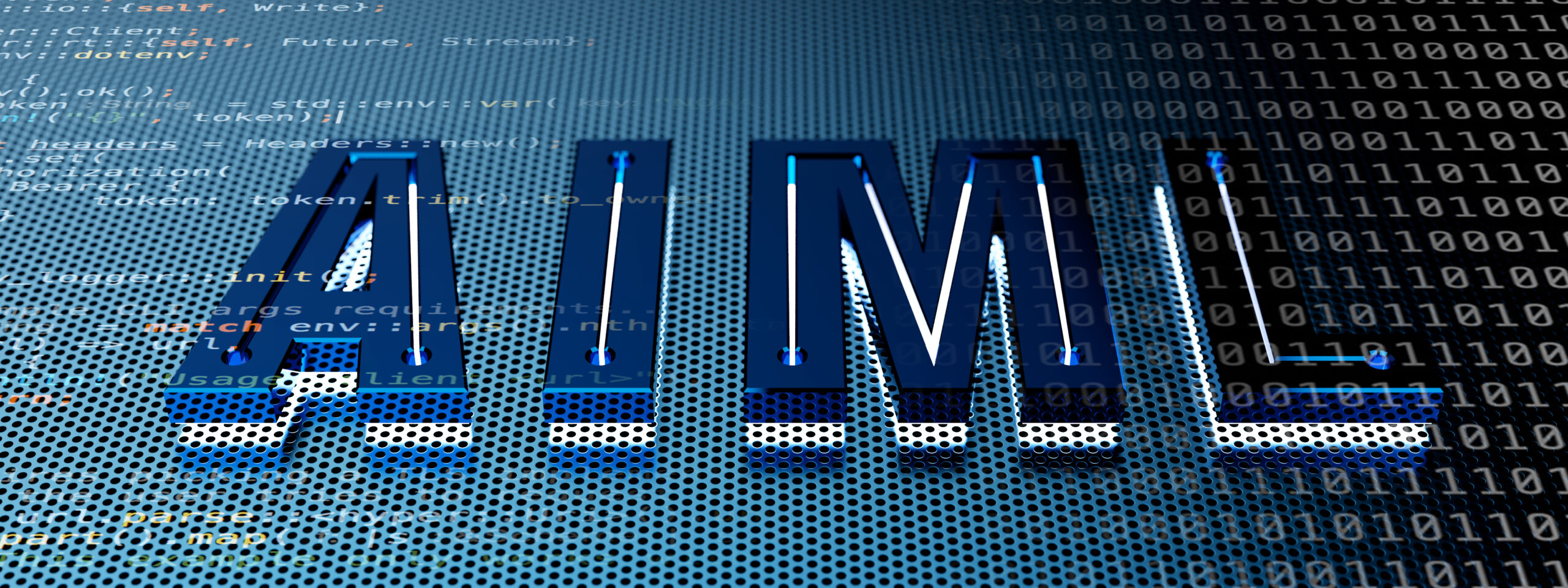Saudi-based Savola Foods operates in nine countries across the MENAT region and manages a broad portfolio of food brands. In line with Saudi Vision 2030, Savola Foods started its digital transformation push in 2018, and embraced RPA as the go-to technology for modernizing its key business processes and transform service delivery.
As part of its broader digital transformation agenda, the company identified finance operations as one of the business disciplines ripe for automation, as its finance team was spending too much time on mundane tasks of repetitive nature. This included financial reporting and consolidation, accounts receivable, and general accounting.
“We were doing a lot of manual processes, for example, receiving trial balance from different geographies and in different currencies. This financial data accumulation process was done manually and was prone to human errors. Now, we have automated this process with bots, which helps us to significantly reduce the number of hours it takes to close the books and also reduce errors,” says Wajid Khan, CFO of Savola Foods.
Savola Food is the first company in the country to roll out RPA technology from UiPath and is now reaping rich dividends from the implementation. “After considerable deliberation, we decided to implement RPA without even a proof of concept because the use case was very clear in my mind as to the kind of operational efficiencies it can bring. With RPA-led digital transformation, we have now managed to save more than 5000 working hours every year in our accounting operations and reporting,” adds Khan.
As a forward-thinking CFO, who is enabling the growth of the business, Khan is in favour of digitizing the whole finance function. “In my opinion, the whole spectrum of the finance function should be managed by software bots, and human intervention needed only for data validation. The human mind is capable of great things and should be used to solve pressing business problems rather than be bogged down by tedious tasks. RPA, coupled with AI and ML, can save costs, improve efficiencies, and help financial professionals to focus on the higher-value tasks that drive more strategic business outcomes,” he says.
Majid Adnan Jan, executive director of IT at Savola Foods, adds why his company has picked UiPath as the platform of choice for its successful RPA implementation: “After an extensive evaluation process, we zeroed in on UiPath because their platform is really scalable and simple to use. It also helped us with rapid implementation, which was done in six months. Besides, their vision of having one million developers soon combined with an excellent online academy assured us that they are the perfect partner for our digital transformation journey.”
Savola Foods is now embarking on phase two of its RPA project to extend the technology across other business functions, including sales, supply chain, and IT. “We started our project with bots and will ramp it up to 200 bots as part of this plan. To succeed with RPA, you need to select the right processes and build the skills within your team. We are positioning this as a technology platform that will free up our employees from monotonous tasks to focus more on strategic decision making, and this alleviates any fear around potential job losses,” says Jan.
Watch the related video here:









Discussion about this post